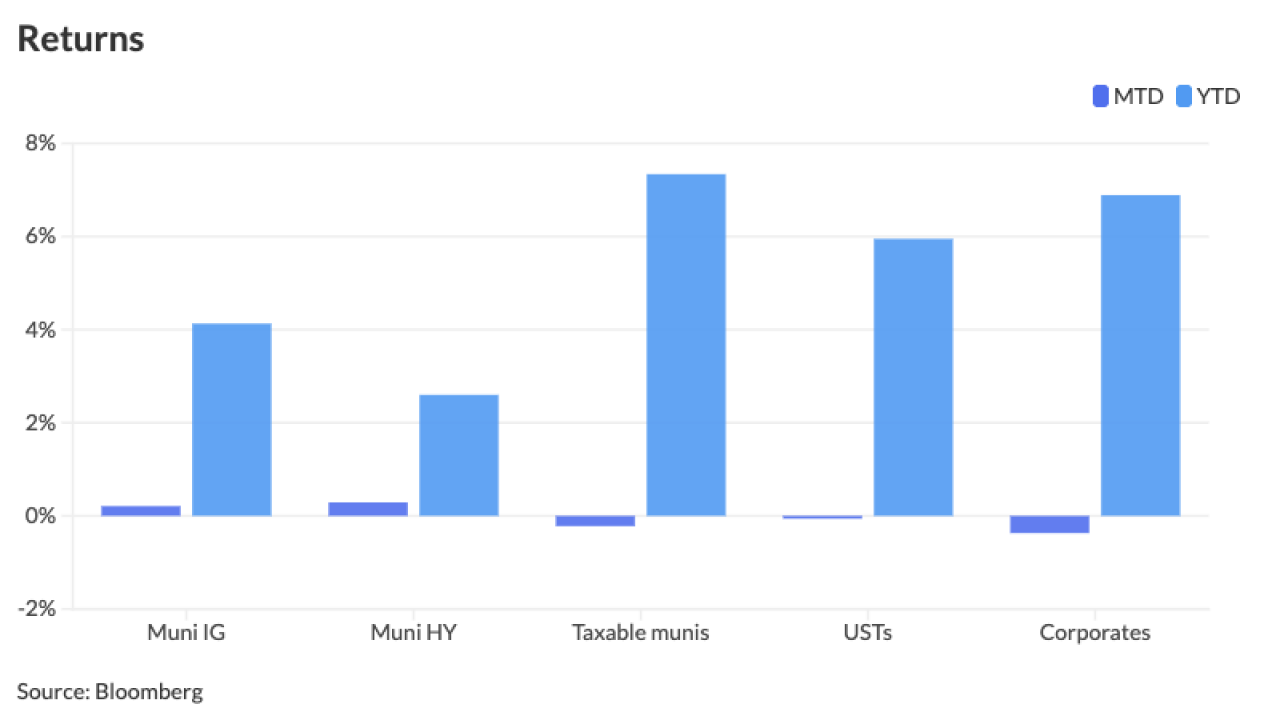
PHOENIX – Retirement Security Initiative, an advocacy group for fairness and solvency in public sector retirement plans, is taking issue with a University of California report that argues that fully funding pensions may be a "misguided" goal.
"It's not a very persuasive report," said San Jose Mayor Chuck Reed, a noted pension reform advocate who is a board member at the pension funding advocacy group. "It's basically an apology for the status quo."
Sgouros formerly served as the senior policy advisor to Rhode Island General Treasurer Seth Magaziner and now works at Brown University's Center for Computation and Visualization. Sgouros argued in the report that the panic over runaway pensions is largely unrelated to the mathematical reality, citing Detroit as one example.
"A close look at the Detroit bankruptcy shows that it really had far more to do with the politics of Michigan's suburbs and the Governor Rick Snyder's feelings about the city than it did with the mathematical reality of the city finances," he wrote. "The narrative of runaway pension obligations sinking an ailing city's finances is simply not supported by the facts, which had much more to do with a sudden loss of state support and ill-advised interest-rate swaps."
The accounting rules created by the Governmental Accounting Standards Board inappropriately mirror private sector standards, Sgouros further asserts, insulating governments financially against risks they don't really face. For example, governments will not be liquidated and cease to exist the way businesses do.
"The GASB rules do a good job of answering, 'How much money will this plan need to pay off its debts if it is closed tomorrow?'" Sgouros wrote. "But most plans are not going to be closed tomorrow, so this is usually not very useful information. A more useful question might be along the lines of 'How are we doing?' or 'How much volatility will we suffer as we go along paying our bills?' The GASB rules provide those answers only in an oblique manner, for those willing to read past the headline numbers, just as a household's solvency must be ascertained by looking beyond their bank balance.
"In other words, the clarity provided by the GASB rules comes at the expense of making the situation seem much more dire than necessary," wrote Sgouros.
Sgouros posited that pension plans could be better served by alternate accounting techniques.
"For example, instead of estimating a funding ratio, the Social Security trustees predict the year in which that fund will run out of money, given current trends," he wrote. "If each year the date advances, the system is in good shape. If it does not, there is cause for concern. This is simply another way to do the accounting for a pension plan, with advantages and disadvantages compared to the traditional method. It is worse at allocating the cost to any individual plan member, but it is arguably much better at respecting the fundamental philosophy of aggregated security behind a traditional pension plan."
The report failed to win over Reed of RSI. While cities might not be "liquidated" the way private sector entities might be, Reed said, they will stop paying their obligations if the funds aren't available.
"They apparently have forgotten the great depression when states actually defaulted on their bonds," Reed continued. "When cities run out of money they stop paying their obligations."
Many pension plans are now undertaking reforms, including reducing their assumed rates of investment return. Reed said there is still much to be done.
"The problem is we have systems that are based on overpromising and underfunding, he said. "That's not good for employees."





